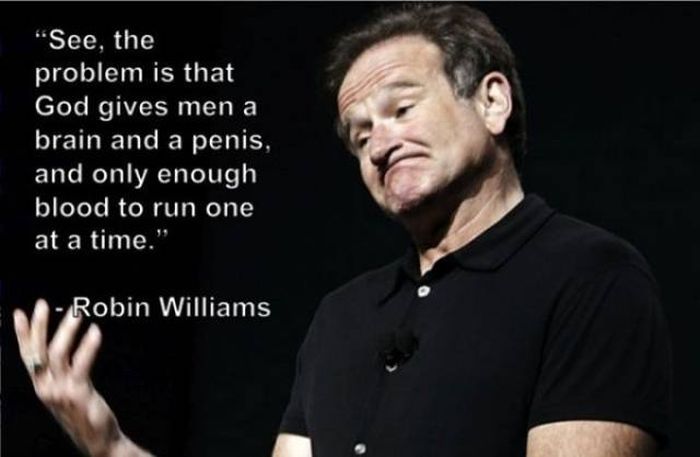Comedians and funny people are usually more depressed than average research found

Comedians and Funny People: Unveiling the Hidden Shadows of Humor


Humor is a remarkable gift that brings joy, laughter, and a sparkle to our lives. Whether it’s through stand-up comedy, sitcoms, or witty banter, funny people have an uncanny ability to lighten our moods and make us chuckle. However, beneath the surface of their laughter-inducing personas lies a surprising truth: many comedians and funny people tend to be more depressed than the average person, according to extensive research in the field.
Delving into the vast realm of humor research, we find intriguing links between comedic talent and mental health issues. While it may sound counterintuitive, numerous studies have discovered a higher prevalence of depression among individuals in the comedy industry. These findings shed light on the complex dynamics between humor, creativity, and psychological well-being.
The phenomenon of comedians being more prone to depression has long fascinated researchers. Some experts hypothesize that comedy may serve as a coping mechanism for those struggling with emotional pain. By transforming their anguish into laughter, comedians can momentarily alleviate their own suffering while simultaneously entertaining others. However, this cathartic experience may not provide long-term relief from the underlying mental health challenges comedians face.
One notable study conducted by the University of Oxford examined 523 comedians from across multiple comedy genres, including stand-up, sitcom, and improvisation. The researchers found that comedians scored significantly higher on measures of depressive traits compared to the general population. These results supported previous observations that comedy may attract individuals who seek solace in making others laugh, potentially as a way to cope with their own turmoil.
Another crucial factor in understanding the correlation between comedy and depression lies within the creative process itself. Research suggests that creative individuals, including comedians, possess a heightened sensitivity to the world around them. This increased sensitivity can bring forth innovative thoughts, associations, and connections. However, it can also leave them vulnerable to experiencing intense emotions, including depression.
Moreover, the unpredictable nature of the comedy industry, with its demanding schedules, constant public scrutiny, and fear of rejection, can further exacerbate the mental health struggles faced by comedians. Despite appearing confident and extroverted on stage, comedians often battle feelings of self-doubt, anxiety, and intense pressure to continually deliver laughter. These internal conflicts may contribute to the higher rates of depression observed within this profession.
While the research uncovers a thought-provoking connection between humor and depression, it’s essential to remember that not all comedians or funny people experience mental health issues. Mental health is a complex interplay of various factors, including genetics, environment, and personal experiences. However, these findings provide valuable insights into the challenges faced by many individuals who dedicate themselves to making us laugh.
Understanding and addressing the mental health needs of comedians is a crucial step towards supporting their well-being. By recognizing the unique pressures faced by those in the comedy industry and creating an environment that fosters open dialogue about mental health, we can ensure that these purveyors of laughter receive the care they deserve.
With the ever-growing appreciation for humor and comedy, it is vital to take a holistic approach that considers the mental well-being of those who bring laughter into our lives.
Sources:
Share
Related Posts
Quick Links
Legal Stuff

